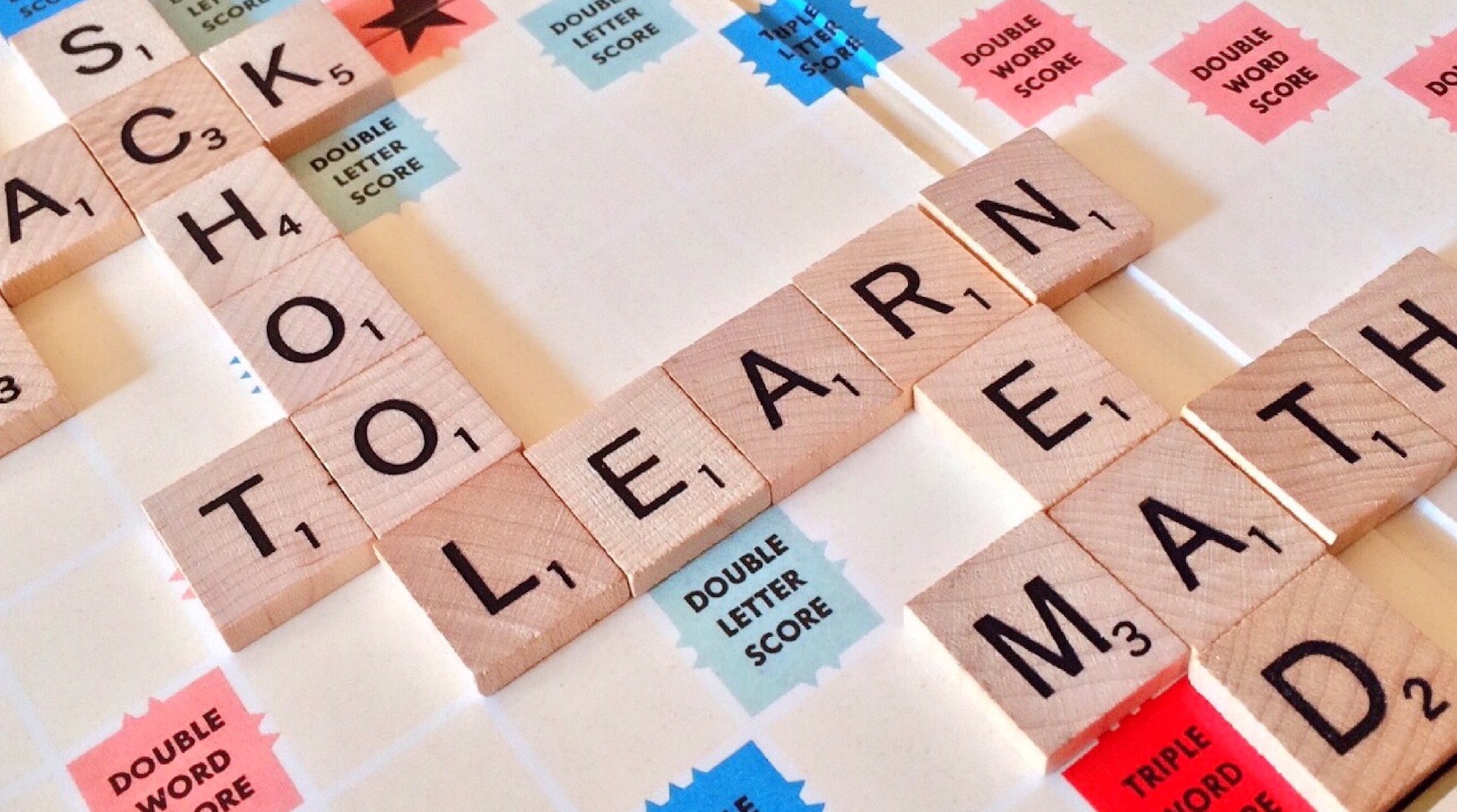Determinants of Self-Reflective Learning and its Consequences in Online Master Degree Programs
Drs. Yoram and Edith Neumann and Dr. Shelia Lewis — Determinants of Self-Reflective Learning and its Consequences in Online Master Degree Programs
Based on recent studies of self-reflective learning and its effects on various learning outcomes, this study examined the concept of self-reflective learning in the context of the Robust Learning Model (RLM), which is a learning model designed for improving the educational effectiveness of online degree programs. Two models were introduced to assess the efficacy of the self-reflective learning in the first course of the RLM with a spiral curriculum. The first model was aimed at examining the relative strengths of the various learning activities and the quality of faculty feedback in predicting the self-reflective learning at the end of the first course. The second model examined the lasting effect of the self-reflective learning at the first course on final program educational effectiveness. Findings from the first model indicated that self-reflective learning at the end of the first core course in the program curriculum was indeed directly influenced by student performance on threaded discussion, problem-based learning, and the signature assignment as well as by the quality of faculty feedback. In the second model’s findings, there was a long, unique, and lasting effect of the self-reflective learning ability acquired in the first course on the student performance in the program, capstone, the student overall GPA, and reduction in the student time-to-degree. The implications of this overall study were discussed that may contribute to future research.
To read the full Article first published in Online Journal of Distance Learning Administration click Here






